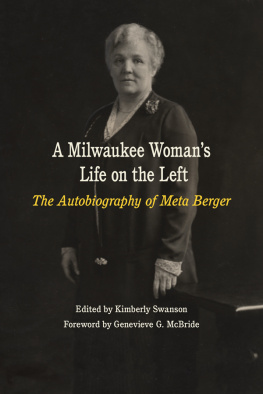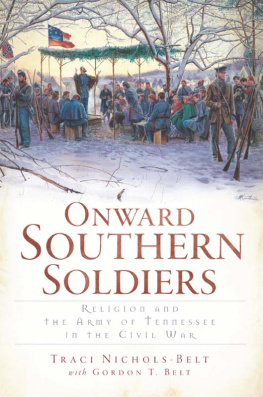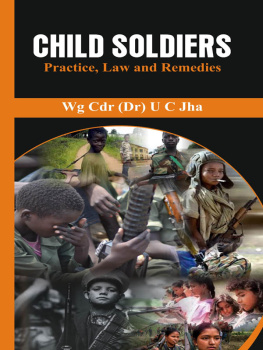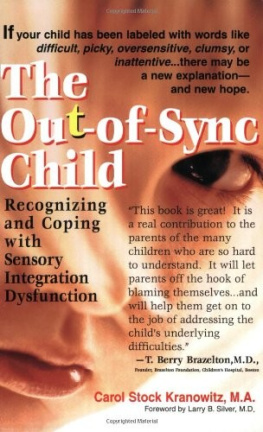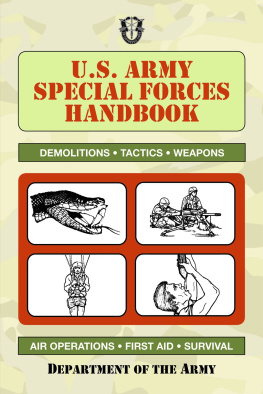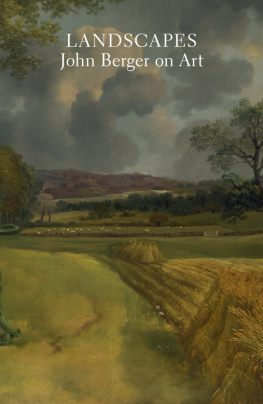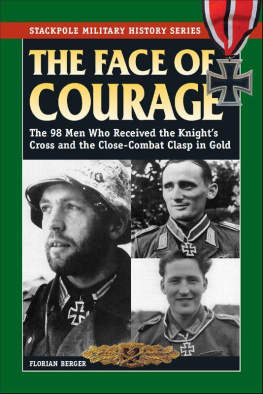The Child Soldiers of Africas Red Army
This book examines the role of social process and routinised violence in the use of underaged soldiers in the country now known as South Sudan during the twenty-one-year civil war between Sudans northern and southern regions. Drawing on accounts of South Sudanese who as children and teenagers were part of the Red Armythe youth wing of the Sudan Peoples Liberation Army (SPLA)the book sheds light on the organised nature of the exploitation of children and youth by senior adult figures within the movement. The book also includes interviews with several of the original Red Army commanders, all of whom went on to hold senior positions within the military and government of South Sudan. The author chronicles the cultural transformation experienced by members of the Red Army and considers whether an analysis of the processes involved in what was then Africas longest civil war can aid our understanding of South Sudans more recent descent into ethnicised conflict. As such, it will appeal to scholars of sociology, anthropology, and political science with interests in ethnography, conflict, and the military exploitation of children.
Carol Berger is a Commonwealth Scholar and the holder of a DPhil in Anthropology from the University of Oxford. She is a former foreign correspondent, reporting from the Horn of Africa and the Middle East, and has conducted research and analysis for the UN Mission in South Sudan.
On Edge: Ethnographies and Theories of Threshold Phenomena
Series Editors:
Mark Graham is Head of the Department of Social Anthropology at the University of Stockholm, Sweden. He is the author of Anthropological Explorations in Queer Theory.
Elisabeth Lund Engebretsen is Senior Lecturer at the Centre for Gender Research, University of Oslo, Norway. She is the author of Queer Women in Urban China: An Ethnography and co-editor of Queer/Tongzhi China: New Perspectives on Research, Activism and Media Cultures.
This series seeks to explore the circumstances that compel subjects, life forms, and material things to reimagine, redefine, and reorder their existence at the edge of experience and social orders. Concerned with the ever-present but often unarticulated doubt embedded in everyday life and based on a metaphysics of emergence, novelty, and creativity as forces in their own right, it welcomes anthropological and transdisciplinary studies of transformations and threshold phenomena, such as crises, disasters and catastrophes, deaths and births, sexualities, rituals of transition, and social movements.
With attention to phenomena that lie beyond the reach of everyday experience, whether these be life forms such as bacteria, material processes such as rusting, or the uncanny dimensions of the cultural and social, On Edge: Ethnographies and Theories of Threshold Phenomena encourages studies that develop innovative methodologies, including those informed by post-humanist perspectives, and seeks to make space for inventive and experimental projects.
Titles in the Series
- Migration Control and Access to Welfare
The Precarious Inclusion of Irregular Migrants in Norway
Marry-Anne Karlsen
- The Child Soldiers of Africas Red Army
The Role of Social Process and Routinised Violence in South Sudans Military
Carol Berger
For more information about this series, please visit: https://www.routledge.com
https://www.routledge.com/On-Edge-Ethnographies-and-Theories-of-Threshold-Phenomena/book-series/ASHSER1447
First published 2022
by Routledge
2 Park Square, Milton Park, Abingdon, Oxon OX14 4RN
and by Routledge
605 Third Avenue, New York, NY 10158
Routledge is an imprint of the Taylor & Francis Group, an informa business
2022 Carol Berger
The right of Carol Berger to be identified as author of this work has been asserted in accordance with sections 77 and 78 of the Copyright, Designs and Patents Act 1988.
All rights reserved. No part of this book may be reprinted or reproduced or utilised in any form or by any electronic, mechanical, or other means, now known or hereafter invented, including photocopying and recording, or in any information storage or retrieval system, without permission in writing from the publishers.
Trademark notice: Product or corporate names may be trademarks or registered trademarks, and are used only for identification and explanation without intent to infringe.
British Library Cataloguing-in-Publication Data
A catalogue record for this book is available from the British Library
Library of Congress Cataloging-in-Publication Data
A catalog record has been requested for this book
ISBN: 9780367742607 (hbk)
ISBN: 9780367742614 (pbk)
ISBN: 9781003156826 (ebk)
DOI: 10.4324/9781003156826
Typeset in Times New Roman
by codeMantra
In memory of the Red Army veterans Gak Arok Gak (19692016) of Panil (Paliou), Bor, Jonglei State, and Akim William Nyuon (19722016), of Fangak, Jonglei State, and the thousands of child soldiers who did not live to see the independence of South Sudan.
Figures and Map
- Map of South Sudan
- 2.1 Gen. Kuol Manyang Juuk, war-time zonal commander and post-war minister of defence and veterans affairs, attending a ceremony at the SPLAs Juba headquarters in 2018. Credit: Radio Tamazuj.
- 2.2 SPLA operations base, including underaged soldiers, in Jekow, southwestern Ethiopia, in 1985.
- 3.1 South Sudanese students at morning assembly, Batalla de Kore School, Isle of Youth, Cuba, in 1989.
- 3.2 A Red Army veteran wearing traditional dress as part of the annual Festival de la Toronja (Festival of the Grapefruit) on the Isle of Youth, Cuba, in 1989.
- 3.3 Two Red Army veterans during their university studies at Nueva Gerona, capital of the Isle of Youth, in 1990. They chose the setting because it shows, in the background, Presidio Modelo, the prison where Fidel Castro was held after he led a failed attack on Moncada Barracks on 26 July 1953. The prison was closed in 1967 and is now a national monument. Both veterans now live in Canada.
Acknowledgements
The research for any work of extended length and insight is by necessity a collaborative exercise. The collection of memories requires a generosity of time and spirit from those who have been fated to make history. Whether in a military barracks in South Sudan, a dance hall in southern Alberta, a coffee warehouse in Uganda, or a lecture hall at Oxford University, a large number of South Sudanese have shared their knowledge and experiences. I am greatly indebted to them and hope that the rendering of their words into a larger whole, a narrative that attempts to give form to a time of great uncertainty and suffering, will contribute to a wider understanding of the causes and costs of war. The subjects of this book have endured great hardship. Some have rebuilt their lives far from their places of birth. Tens of thousands more are still within South Sudan, many of them now engaged in a new war. Tragically, many of the commanders who led the forced recruitment of the Red Army youth more than three decades ago are still ordering mass call-ups of underaged recruits.
The sensitivity of the subject matter required the use of pseudonyms for most of my informants. The exceptions are people who either agreed to have their names included or are public figures. My greatest thanks go to the Red Army veterans who shared their stories with me; some have maintained contact with me for more than two decades. In South Sudan, I wish to thank Ambrose Riny Thiik, former chief justice of New Sudan and co-chair of the Jieng (Dinka) Council of Elders.


